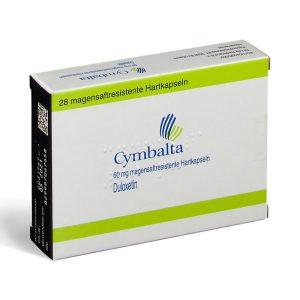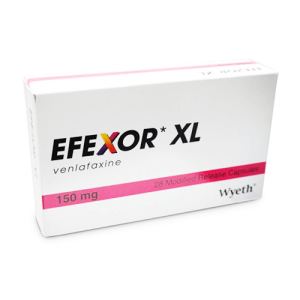Antidepressants is a common name for a group of medication that is used to treat different disorders, predominantly depression as can be deducted from the name, but not only that. This group is effective against anxiety, including social anxiety, also in a state called dysthymia – that can be described as an extremely bad mood caused by psychiatric disorder. Besides, antidepressants were extremely popular in the last century as a part of pop culture, “momma’s little helpers” – people used them just to get up their spirits, which also led to addiction.
Addiction to antidepressants is also different to the smoking or drinking addiction for example. People don’t need the dose to be increased with time to get the same effect, also the painful withdrawal symptoms are not usual when a person stops taking antidepressants. This does not make them less dangerous if misused though – a bad mood can be a stimulant strong enough to keep a person using them.
Interesting is their mechanism of action – most of them make your natural neurotransmitters responsible for transferring signals through neurons but also the mood to pile up. It is as if we kept producing good mood but burning it at the same time, and antidepressants put down that fire. Even this metaphor that we used here – antidepressants could make it look smart and witty and interesting, but I guess you would need a larger dose for the last one.
One group of antidepressants blocks serotonin reuptake. Serotonin is often named a hormone of happiness and love, and it is partially true, it is also used to pass the signal from one neuron to another. After one neuron sends the signal, it sips the bubbles of liquid serotonin back to store it for the next time a beautiful person walks by in case the brain will need to share that feeling with other parts of the body. Antidepressants of this group block the sipping, and serotonin remains in the synapse, continuing to send the beautiful feeling, as if the nice thing that caused it was still around. It does not even require a nice thing to trigger that feeling – when serotonin is not taken back it piles up to the sufficient amounts rather quickly.
Another group is tricyclic antidepressants – they were called so because of their chemical structure and they were the first ones. Later on the antidepressants with different structure were invented but the name remained in the nomenclature.
Next type is the MAO, or monoamine oxidase inhibitors. After serotonin and norepinephrine are used in the synapse there is an enzyme called monoamine oxidase that ruins the excessive amount of them. Antidepressants of this group block the enzyme and make serotonin and norepinephrine pile up, creating better mood. These antidepressants are probably the most popular and rather powerful – they can be prescribed if others did not work.
There is an interesting fact about taking antidepressants – they don’t work instantly like opioids or laxative for example. Antidepressants need a couple of weeks to kick in, so if you have been prescribed antidepressants and after one week you have noticed no difference – don’t be depressed – give it another week. The entire course of treatment can last from half a year to a couple of years, so this is not an instant remedy.
It is not recommended to use antidepressants during pregnancy, although it is possible, but after giving birth many mothers breastfeed when taking antidepressants without any harm to the baby. This has to be discussed with a doctor before pregnancy, but often the risks of depression and anxiety are higher than the risks for the fetus from taking antidepressants.
Of course, depression is a serious condition that cannot be changed by smiling more often or keeping positive, but often tiredness, trauma after losing someone or long lasting blues can be taken for depression. A professional psychiatrist or psychoanalyst should prescribe antidepressants only in cases where the pharmaceutical intervention is inevitable. Problems at work, unsatisfying sexual life or exhausting daily routine are depressing, but they don’t necessarily mean you have the condition, and taking pills for it can only mask the problem without curing it and cause a vicious cycle – pills hide the problem and the problem gets worse because it is well hidden by the pills.
Antidepressants
Antidepressants


